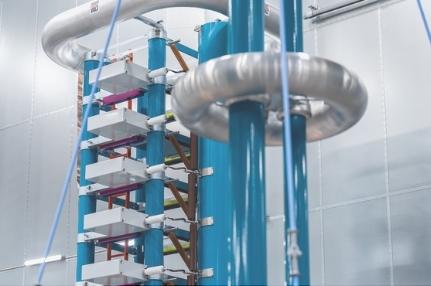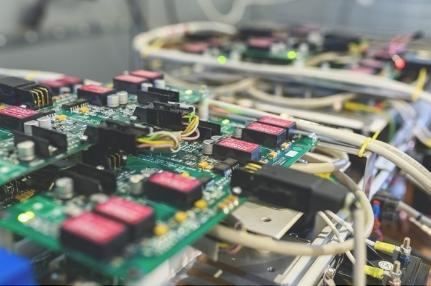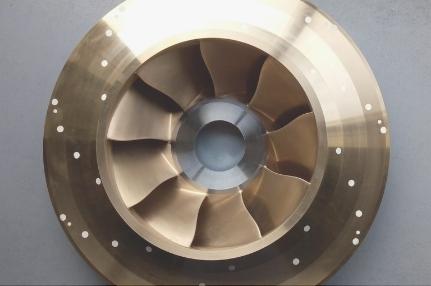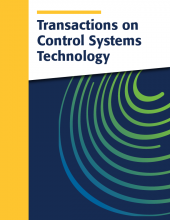Recherche & collaboration
Qu’est-ce qui nous rend unique ?
SuperGrid Institute doit son succès aux personnes qui composent nos différents départements de recherche. Nos équipes viennent d’horizons divers, tant industriels qu’universitaires, et la richesse de leur expérience et de leurs compétences rend l’Institut unique.
Chaque personne apporte une expertise spécifique et ce vivier de connaissances offre aux spécialistes de différents domaines la possibilité de collaborer sur des solutions innovantes pour résoudre des problèmes techniques.
L’Institut bénéficie d’étroites relations de collaboration avec des acteurs de l’industrie et des institutions académiques. Alors que les forces complémentaires de nos partenaires apportent des éclairages et des approches innovantes aux défis techniques, nous développons nos départements de recherche en toute indépendance. Des investissements conjoints publics-privés et des projets de collaboration financent le travail.
Les installations de recherche, les plateformes de test et les laboratoires de pointe de SuperGrid Institute sur les sites de Villeurbanne et de Grenoble sont la clé du succès de nos départements de recherche.


Nos dernières publications scientifiques
Optimal Sizing on a Mission Profile of Isolated NPC DC-DC Converters using 3.3 kV SiC MOSFETs for Power Electronic Traction Transformers
A reduction of 13 % of the total energy loss on a typical journey can be obtained by optimising the design of the DC/DC converter on a mission profile rather than at nominal power.
Differential Flatness-Based, Full-Order Nonlinear Control of a Modular Multilevel Converter (MMC)
The main interest of this Full-Order Nonlinear Control is the possibility to obtain a very high dynamic performance of the MMC power flow.
Understanding the role of VSC control strategies in the limits of power electronics integration in AC grids using modal analysis
In this article, the interactions between AC grid and existing VSC control modes are analyzed.








